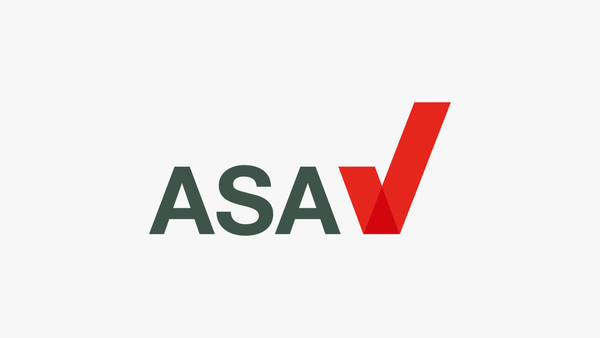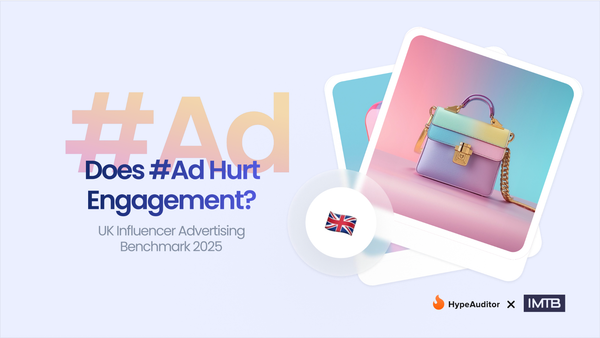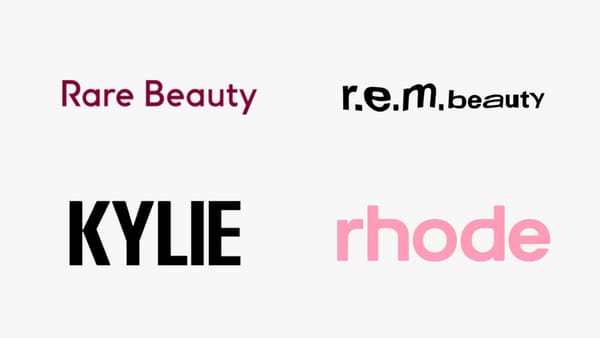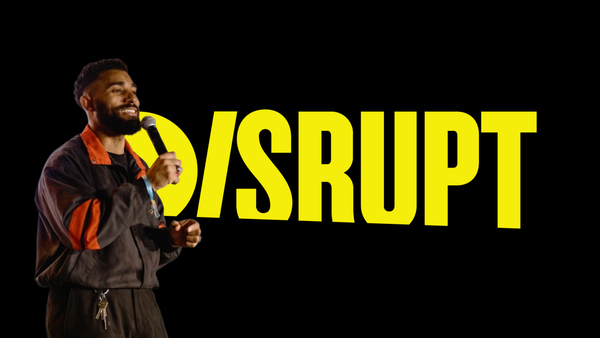Generation Z is getting political on social media, with the phrase ‘Eat the Rich’ heavily populating TikTok and Twitter specifically. In short, the topic that this phrase relates to is wealth inequality.
A brief history
Originally surfacing in the 18th Century, the phrase became popular when philosopher and political theorist Jean-Jacques Rousseau applied the term ‘eat the rich’ to inequality during the French Revolution. In this case, the Third Estate in France struggled through extreme poverty, while the monarchs lived a life of privilege.
The phrase has risen again recently, mainly among Gen-Z’ers (those born between the years of 1997 and 2012/15), also known as the social generation. Gen-Z grew up on social media, they’re now coming of age, and ready to debate.
Social politics
Social media platforms such as TikTok act as a free, accessible tool, mainly for those who were born in the late 1990s and early 2000s, to share and learn political information as they approach the legal voting age, which in the UK is 18.
As the social generation gains access to an infinite amount of political information online, and COVID-19 continues to mean a loss of jobs for many, it is no wonder that Gen-Z is questioning why the rich are still getting richer during a time that is economically taxing for many.
Young people are using their social media platforms to educate and break down the facts. One Twitter user said: “You’d have to spend $126k per day, every day, for 22 years, to get to $1Billion…#EatTheRich”
Another responds: “And of course it’s so messed up how super-rich ppl get discounts and freebies and deals everywhere because big banks and businesses want their money. So that $126k per day goes a lot longer than a normal person’s money/value. Rich getting richer”
TikTok campaign and video trends
TikTok user Gina Bologna decided that enough was enough, that we shouldn’t be looking to billionaire celebrities as influencers. Gina posted a video to TikTok on 29th January which has since gained upwards of three million views.
To summarise, the video tells the audience how they should all unfollow celebrity influencers like billionaire Kylie Jenner, who gets paid for having a huge following, Gina said: “This is how we eat the rich. We make them feel just as important as we feel.” The caption of the video included hashtags such as #DeleteTheElite and #UnfollowCelebs.
As the views on Gina’s video continued to grow, both on TikTok and through Twitter shares, social media users began to share videos of themselves following in the footsteps of Gina, unfollowing celebrity influencers to try and diminish some of the power they hold.
Reality check
When scrolling through TikTok, depending on your ‘for you page’ algorithm, you may also have come across videos titled – for example; ‘POV (point of view) we’re eating the rich and you go to get drinks out of the second fridge in your garage.’
Although lighthearted, TikTok users here are raising attention to how we can put class into perspective, highlighting the little things that show wealth and privilege.
While the phrase ‘eat the rich’ still works as a response to the unrelatable actions of the world’s billionaires, of which, according to Forbes 2020 list, there are 2095, it is clear that the politically driven members of Gen-Z are keen to signify the importance of looking up to and being influenced by ‘normal’ people. Although billionaires often seem to be the ones with the loudest voices, the real world that we live in will be shaped by those closer to home.
Perhaps the interest and vocalisation surrounding wealth inequality is why we are seeing more and more brands leaning towards working with micro-influencers. Usually, with between 10 and 50,000 followers, micro-influencers have a smaller reach than macro-influencers giving them a more intimate and trusting relationship with their audience.
Gen-Z, the next generation of MPs, Prime Ministers, and Presidents are using social media to make sure that important political topics do not slip through the net. They are focusing away from monetary wealth and towards the wealth of knowledge.









